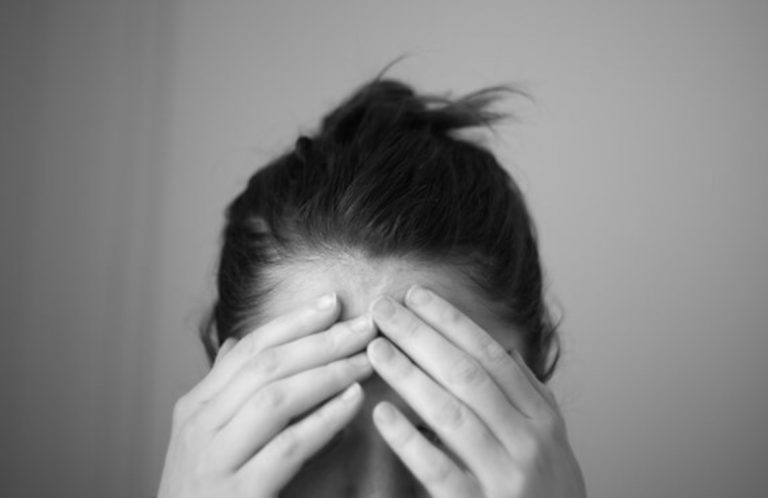A healthy mind helps you cope with stress, process emotions, and maintain healthy relationships. You may feel irritable, withdrawn, and unable to concentrate when your mind isn’t at peace. You might also have difficulty sleeping, experience changes in appetite, and suffer from physical aches and pains.
Worse, mental health problems can also lead to substance abuse and other risky behaviors. Untreated mental health issues can negatively impact every aspect of your life, so it is important to know useful ways to manage your mental wellbeing. These seven tips will help.
Story Stages
Get Regular Exercise
Exercise is not only good for your physical health, but it can also improve your mental wellbeing. Exercise releases endorphins, which have mood-boosting effects. It also helps alleviate stress and anxiety. A moderate amount of exercise is the key to maintaining your mental health.
Here are some simple yet effective exercises you can consider:
- Taking a brisk walk in your neighborhood
- Jogging or running
- Taking an exercise class
- Riding a bike
- Swimming
Have a Balanced Diet
Like your physical health, what you eat also affects your mental health. Eating nutritious foods helps improve your mood and reduces fatigue. In contrast, unhealthy foods like eating burgers or pizzas daily can worsen your mood and make you feel sluggish.
Make sure to include these nutritious foods in your diet:
- Fruits and vegetables
- Whole grains
- Lean protein
- Healthy fats
- Low-fat dairy products
Spend Time With Friends and Family
Surrounding yourself with loved ones can help reduce stress, anxiety, and depression. They can provide emotional support and lift your spirits during difficult times. Spending time with friends and family can also help you develop a stronger sense of self-worth and belonging.
Some ways you can spend quality time with your loved ones include:
- Organizing a potluck dinner
- Attending a group fitness class
- Going on a hike or nature walk
- Visiting a museum or art gallery
- Playing video games or board games together.
Seek Professional Help If Needed
You can also consider treatment for depression if you think you need professional help with your mental issues. A mental health professional can diagnose and treat mental health disorders. They can also provide you with tools and resources to manage your symptoms.
Some signs that you might need to see a mental health professional include:
- Feeling hopeless or helpless
- Losing interest in things you used to enjoy
- Experiencing changes in appetite or sleep patterns
- Having difficulty concentrating or making decisions
- Isolation from friends and family
- Suicidal thoughts or behaviors
There are many promising new types of treatment for depression, so don’t automatically assume this route means a lifetime of prescription pharmaceuticals.
However, if alcohol or drugs are something that you struggle with, then you may opt for alternative mental health support, such as addiction treatment centers. There are a range of different levels of support available for everyone, depending on what they are struggling with. There will be no one fix that works for everyone. You must be aware of your struggles, and seek the advice of your Doctor, who can help you find the right mental health support that will help you make a positive change.
Get Enough Sleep
Sleep plays a vital role in our overall health and wellbeing. It helps our bodies heal and repair themselves, and it also allows our brains to consolidate information and form new memories. A lack of sleep can lead to irritability, anxiety, and depression. It can also affect our ability to focus and make decisions.
There are a few things you can do to ensure you get a good night’s sleep:
- Stick to a regular sleep schedule
- Avoid caffeine and alcohol before bed
- Create a relaxing bedtime routine
- Make sure your bedroom is dark, quiet, and cool
- Limit screen time before bed
Take Breaks During the Day
In today’s fast-paced world, it’s easy to get overwhelmed by work or other obligations. To prevent burnout, it’s important to take breaks during the day. This can help improve your focus and productivity. When you’re taking a break, make sure to do something that relaxes you and helps you recharge.
Some ideas for taking a break include:
- Listening to music
- Reading a book
- Getting outside for some fresh air
- Taking a nap
- Organizing your workspace
Practice Relaxation Techniques
Relaxation techniques can improve your mood and overall sense of wellbeing. Some relaxation techniques you can try include:
- Progressive muscle relaxation
- Deep breathing
- Yoga
- Mindfulness meditation
- Visualization
Final Word
Maintaining your mental health is essential for overall wellbeing. You can help ensure a healthy mind and lifestyle by following these tips.
